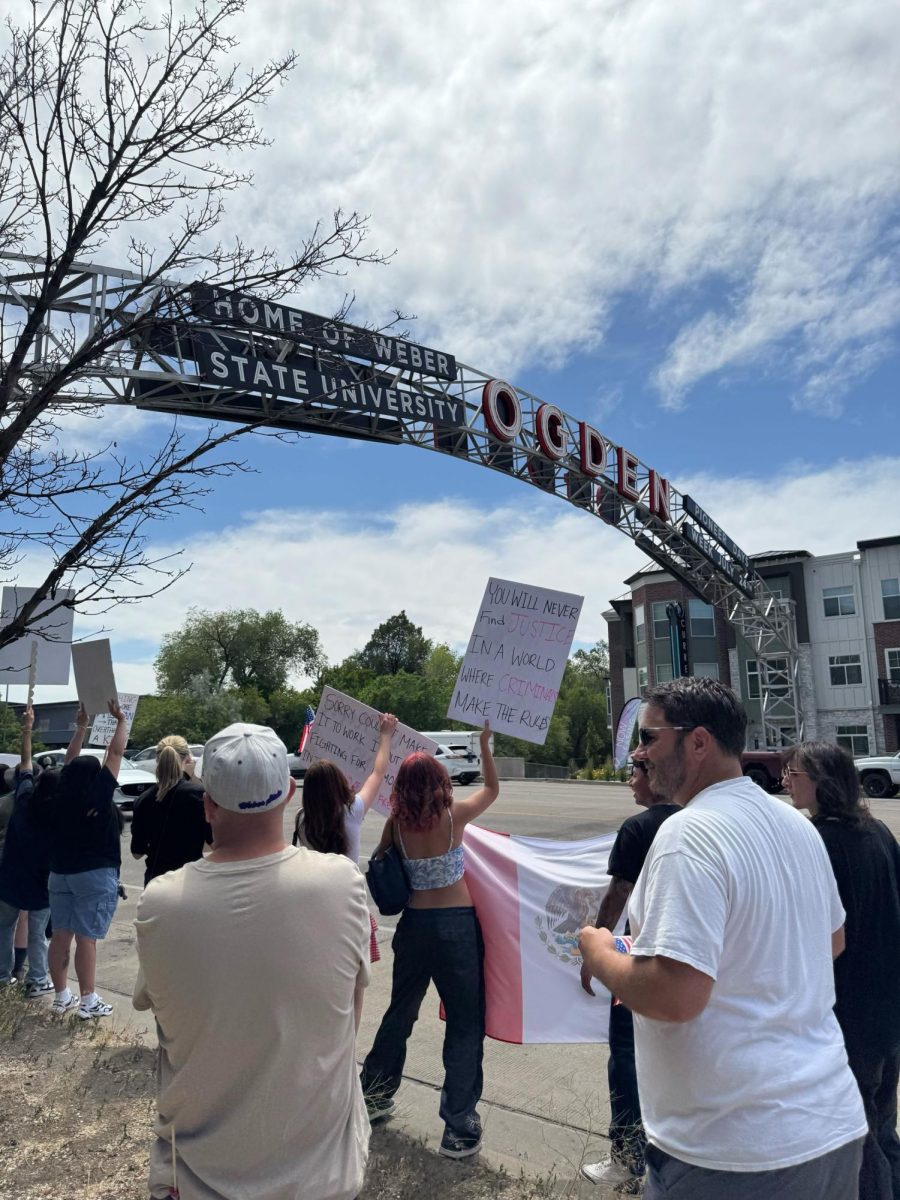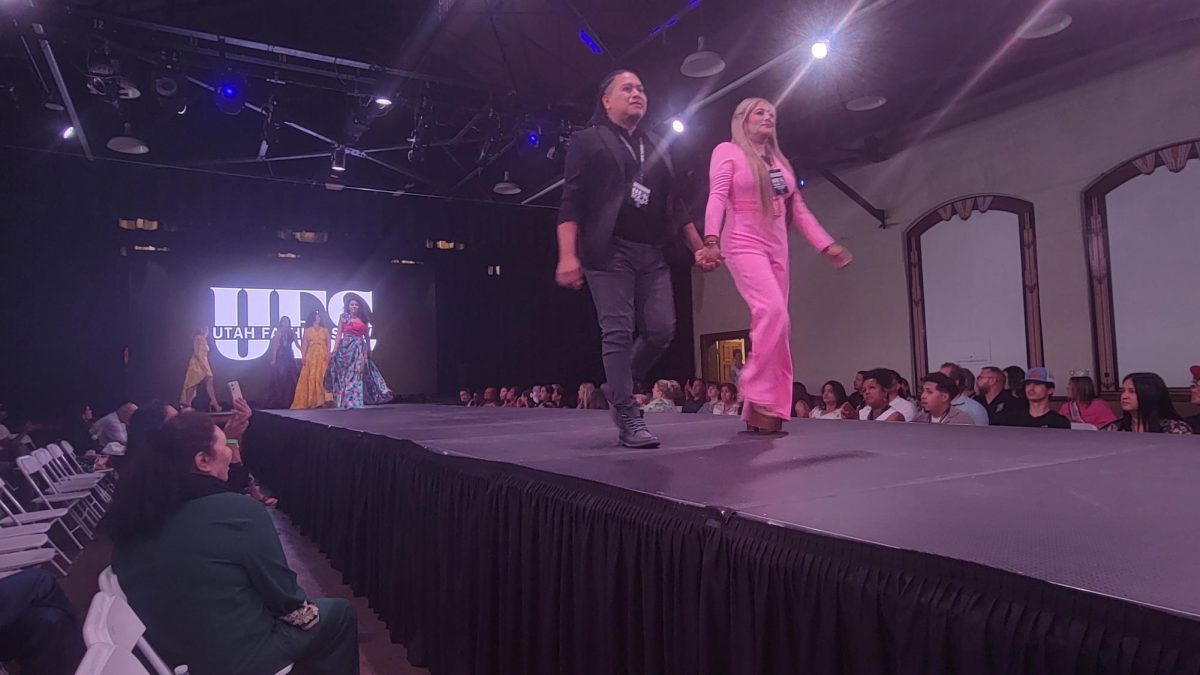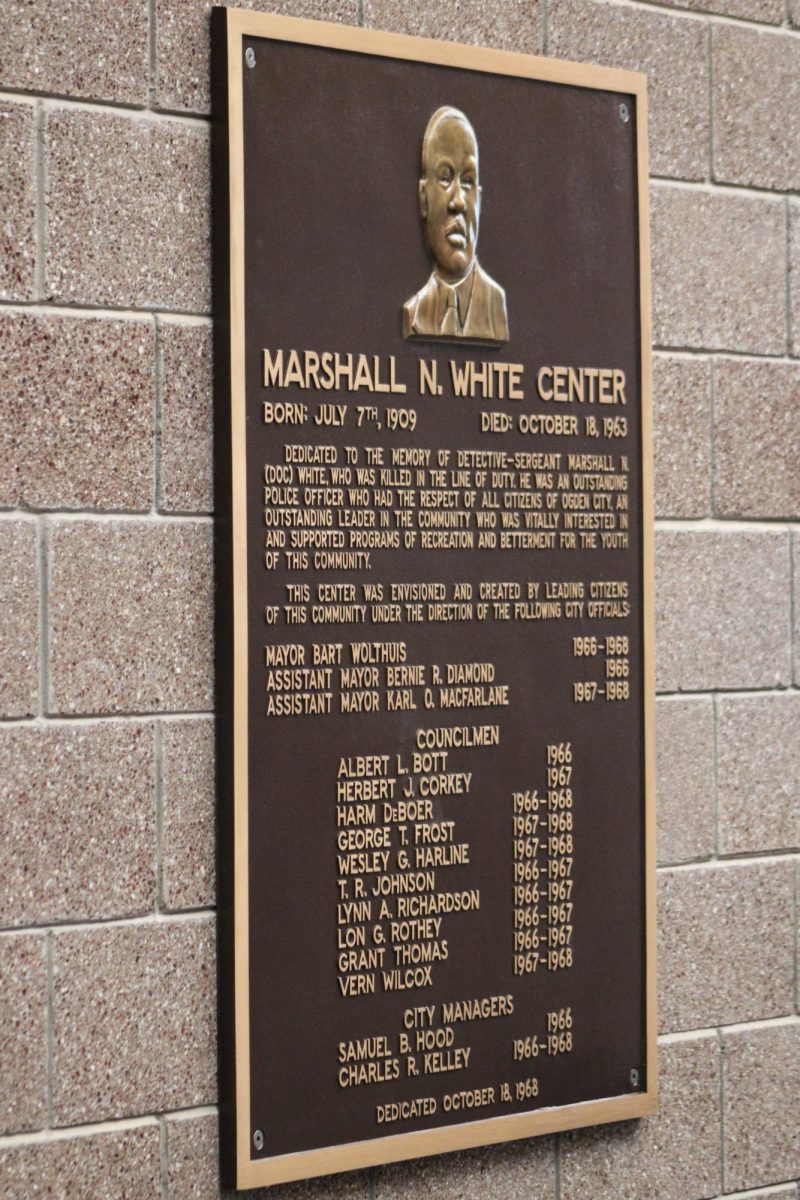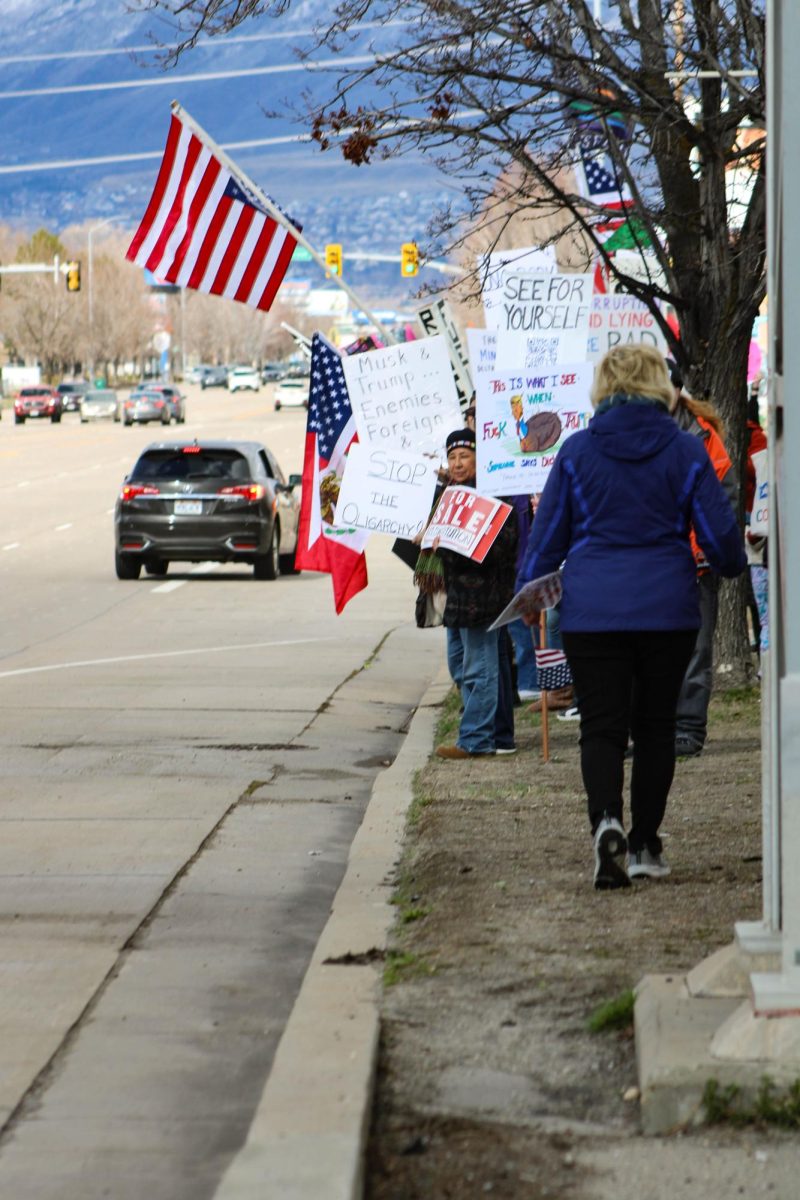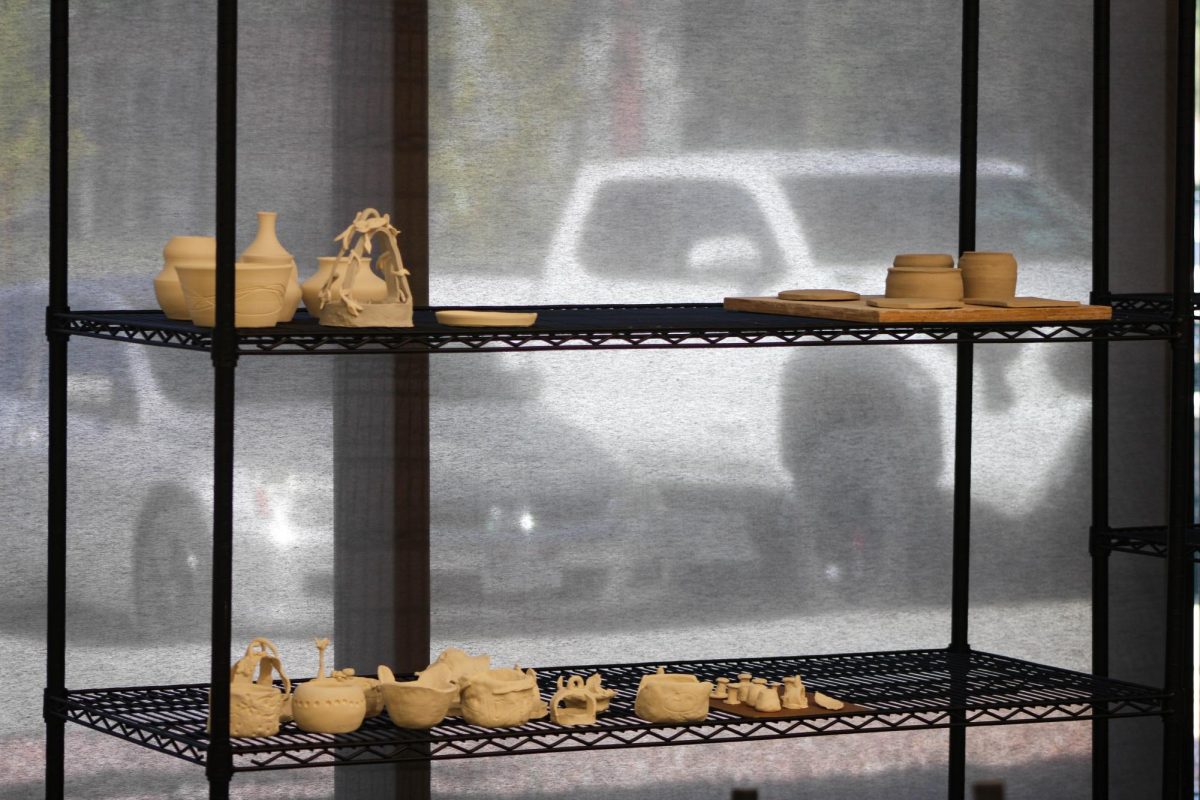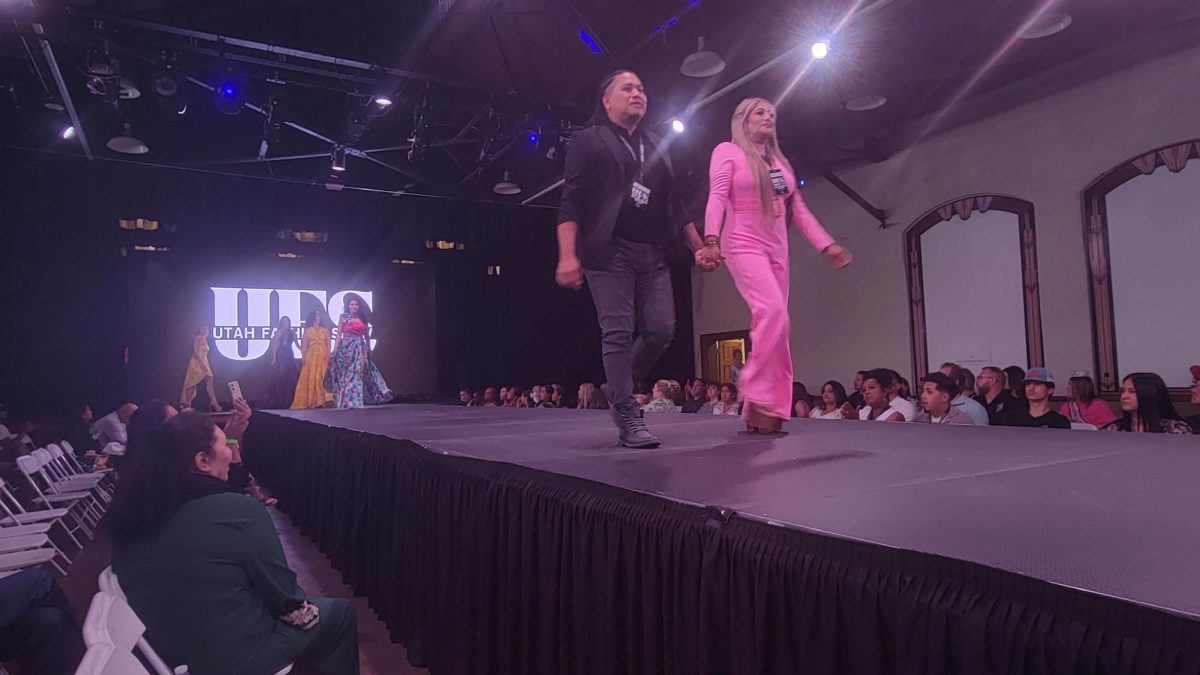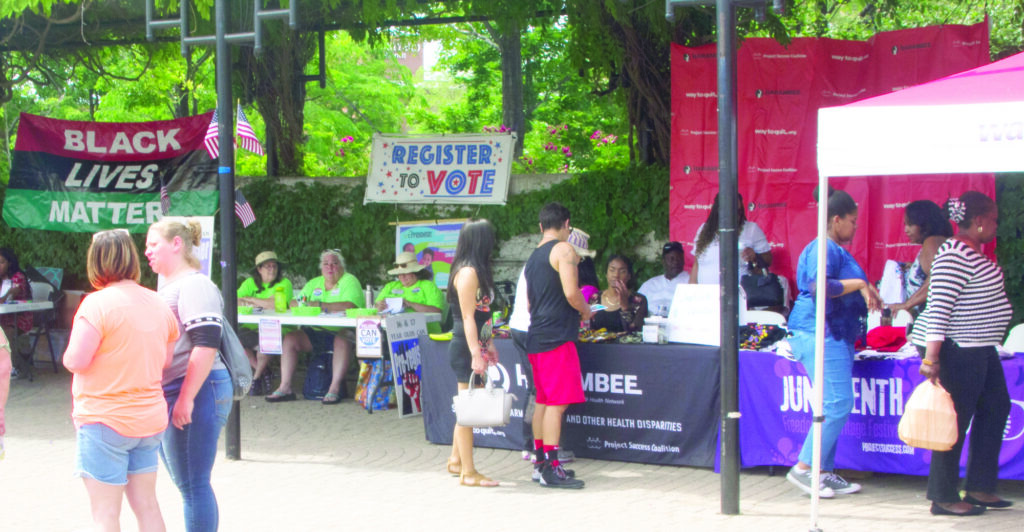
“The drum is what pronounces life, freedom, interconnection from family-to-family and heart-to-heart. It’s that heartbeat, the rhythm of the life, body and soul,” said Betty Sawyer, director of the Utah Juneteenth Freedom & Heritage Festival.
The State of Black Utah Town Hall meeting, held at WSU’s Davis Campus on June 14, began with a musical performance led by drums. The event included a reception and round-table discussion including social media, employment, marijuana consumption, police brutality, music, restorative justice and education.
June 19, 1865, marks the day ending slavery in the U.S. Juneteenth celebrates and commemorates the end of enslavement. Juneteenth celebrations have been proudly going on in Utah for 30 years.
Utah Juneteenth events started out in the Salt Lake community, and once Sawyer became involved, it spread to Ogden and the commitment to Juneteenth has continued since.This year brought expansion with events occurring in the West Jordan Viridian Center and the first children’s festival.
This gathering allowed attendees to express their thoughts and emotions and share new ideas to better the community. People of all ages and colors joined together to discuss various topics. While specifically rooted in black culture and the end of slavery, Juneteenth is an event that everybody can be involved in.
“About five years ago, as a part of our Juneteenth commemoration, we decided that we needed to add another component to the work that we were doing. So that it is not just commemoration, education and celebration,” Sawyer said. “We wanted to add a part that was more (about) empowerment.”
Winter, a poet, performed her poem “Cuffs” at the town hall.
“Why do we have to make the statement that ‘Black Lives Matter,’ and make it such a large movement? I’ve got an answer for y’all,” Winter recited. “Because the America I live in — in Black America — although free, our freedom versus yours, let’s just say still needs improvement.”
Dr. Brenda Burrell, chairperson of the Utah Black Roundtable, emphasized the importance to be heard and not just seen. Burrell said the issue wasn’t between black and white but right and wrong.
“There is work to be done in our community. We ain’t going nowhere,” said Burrell.








